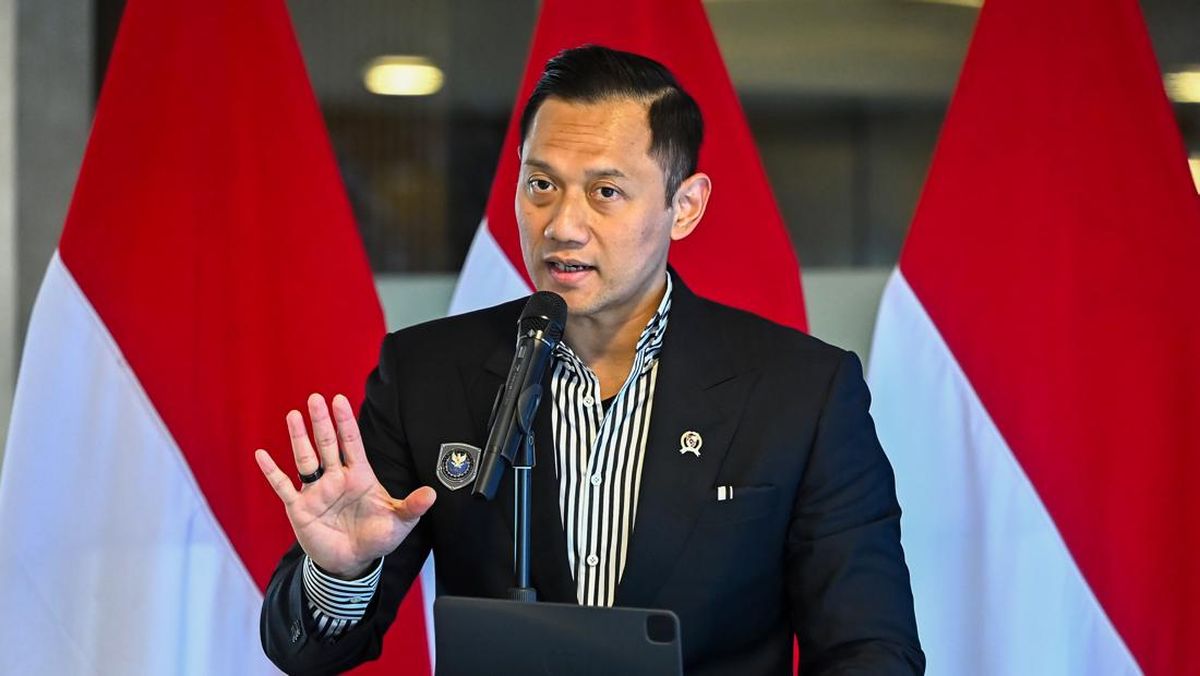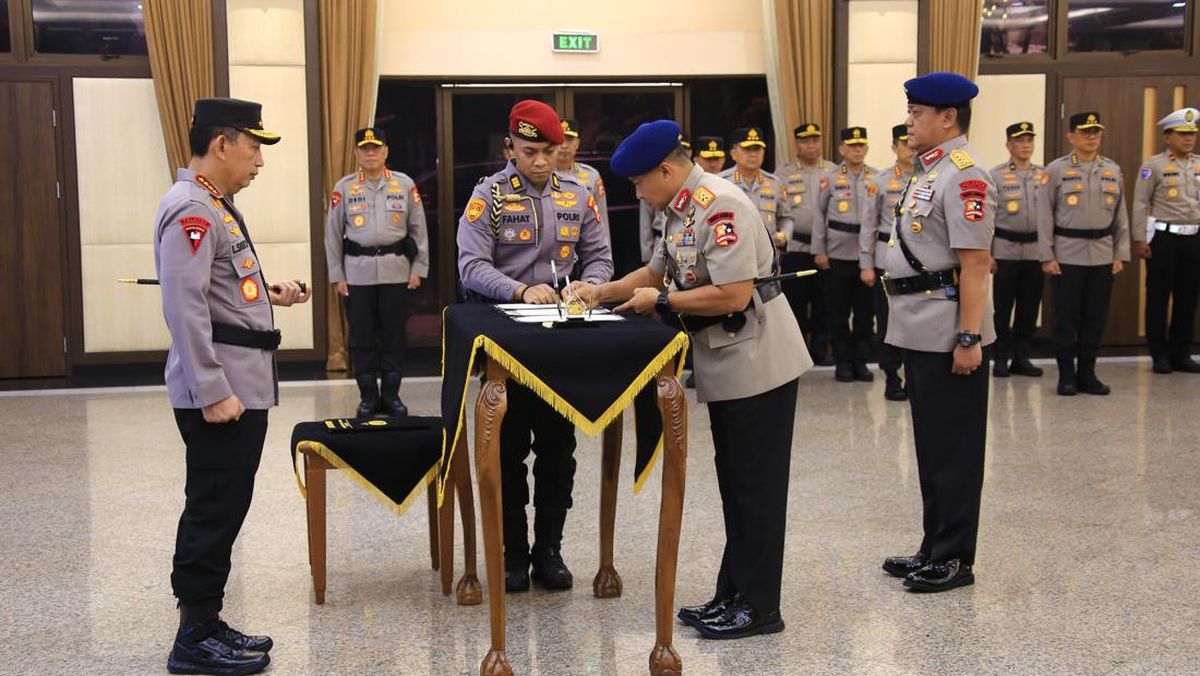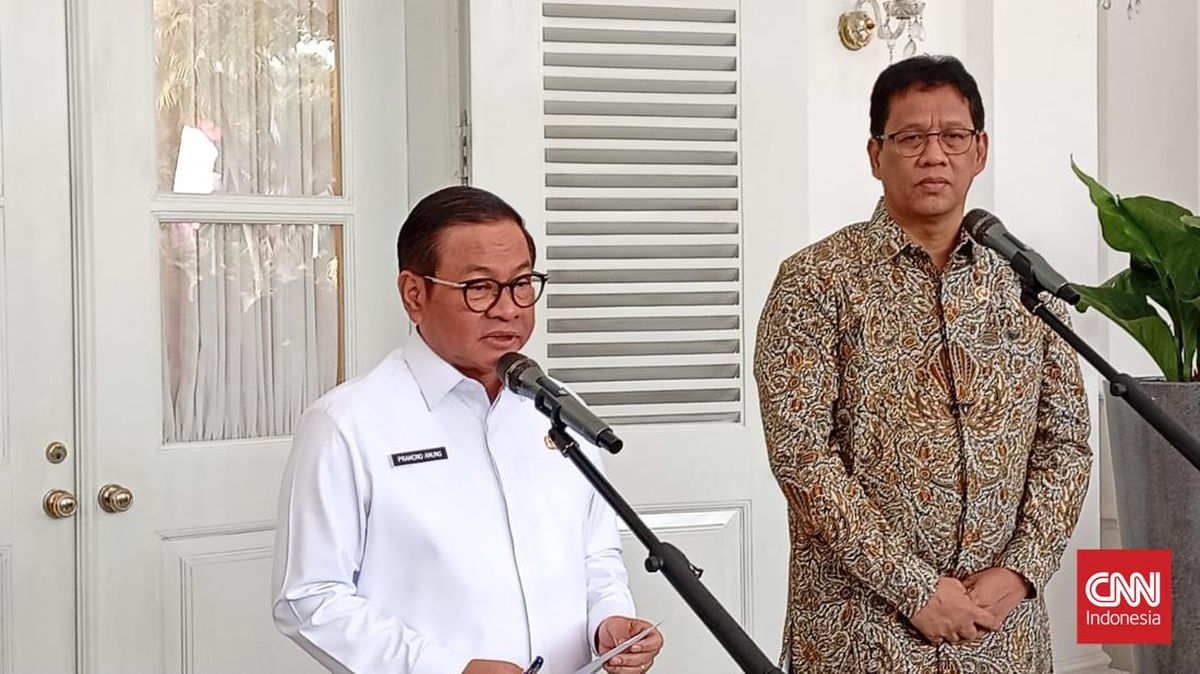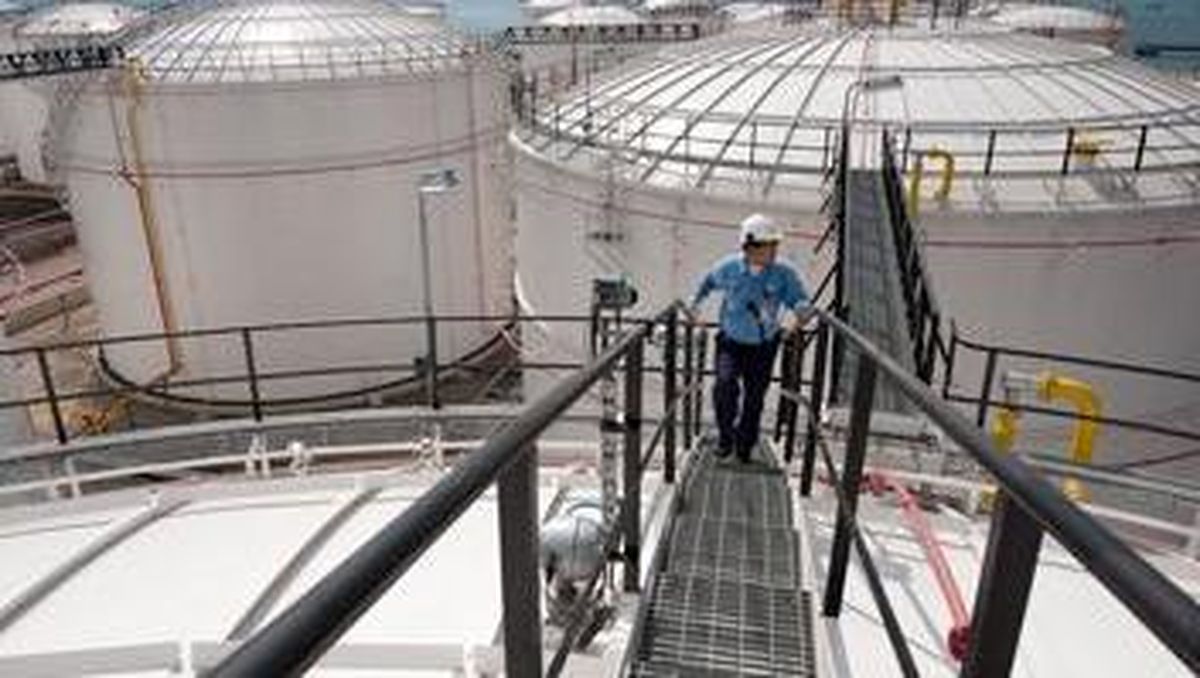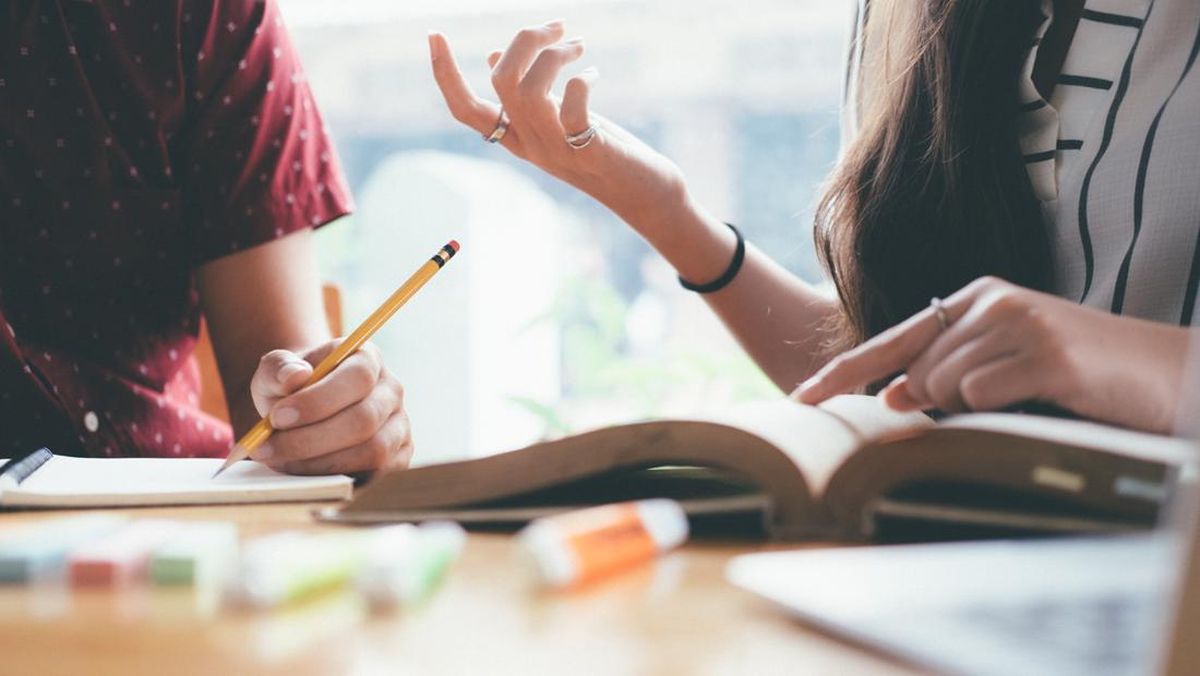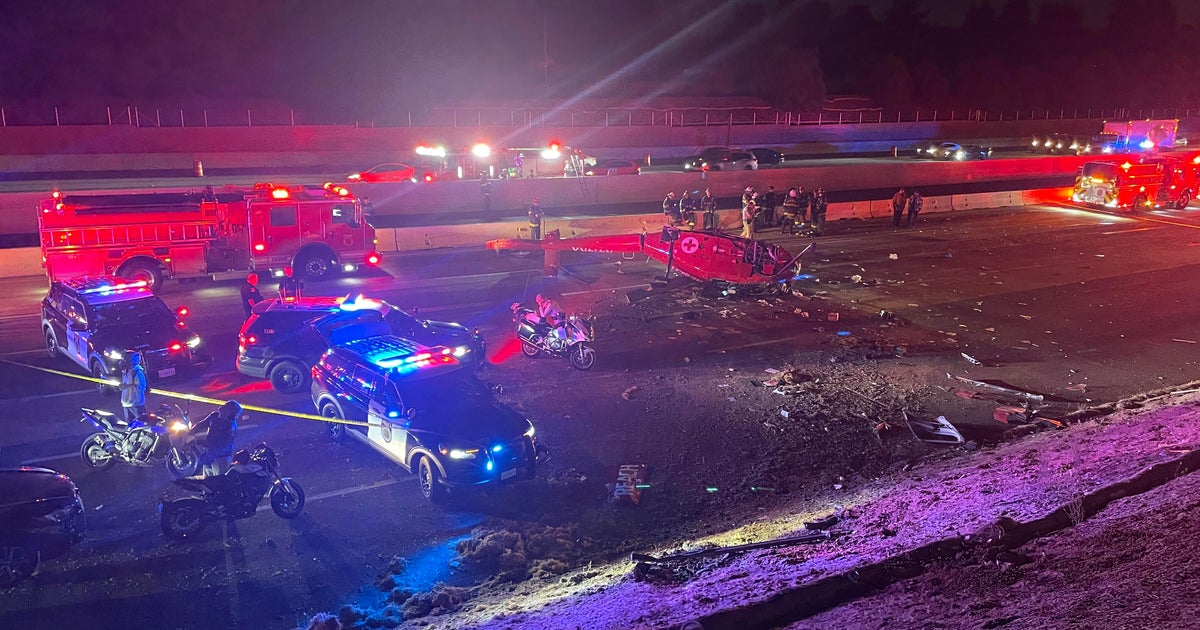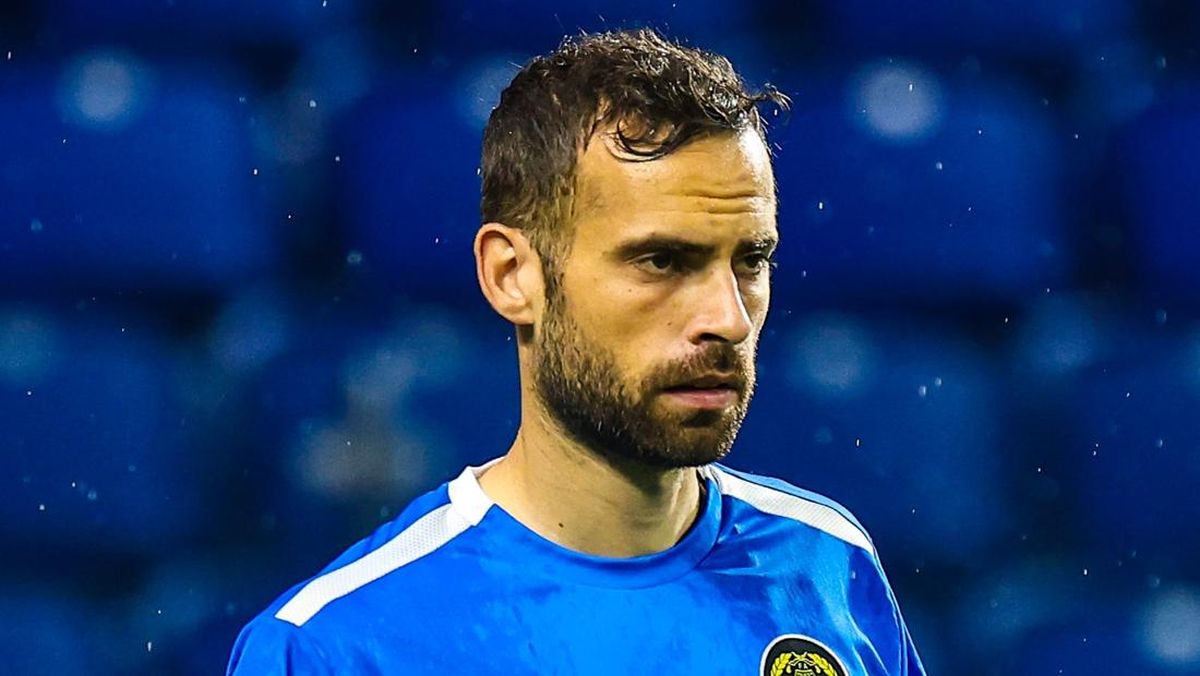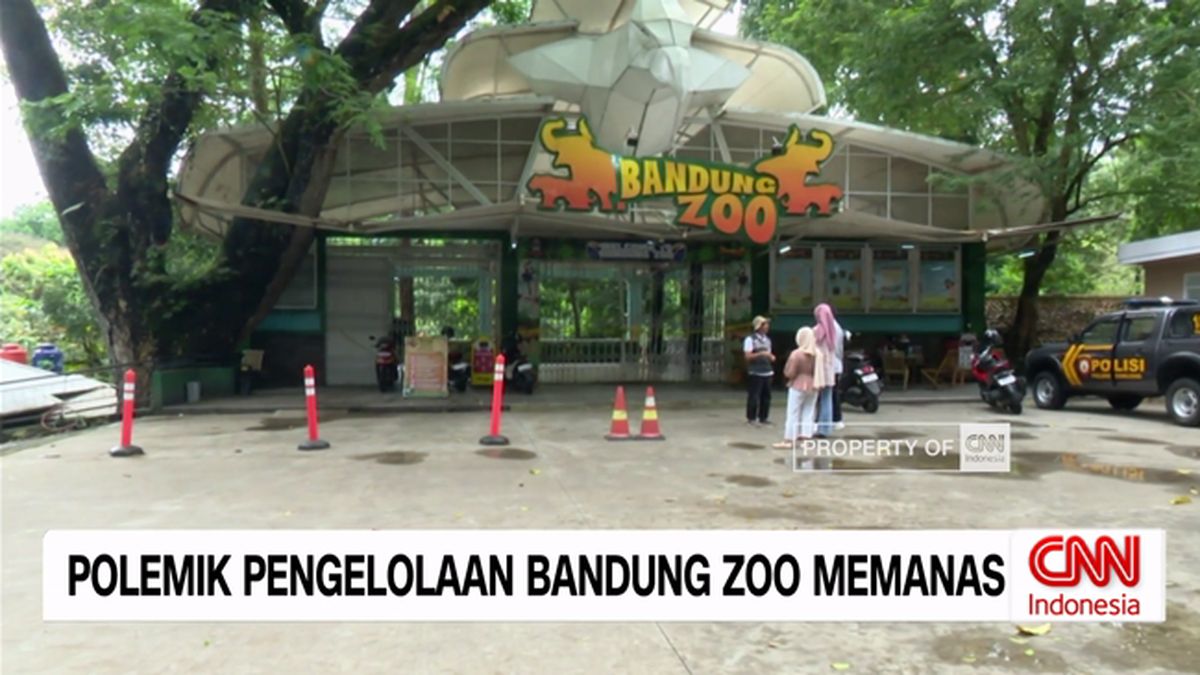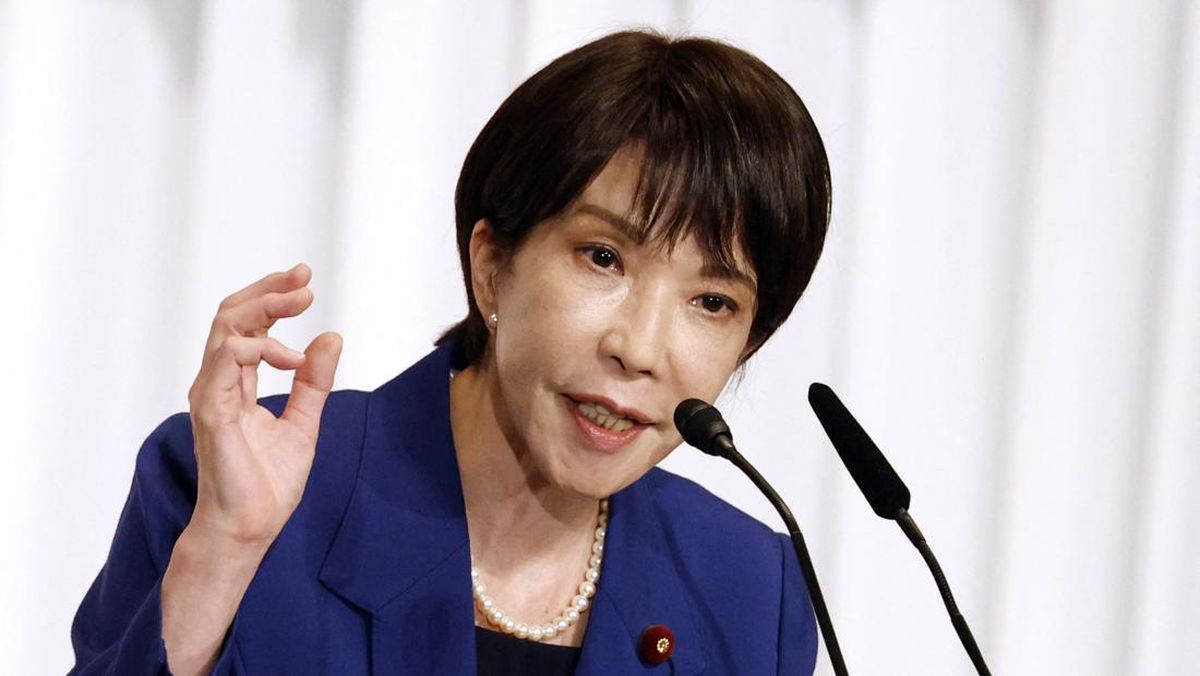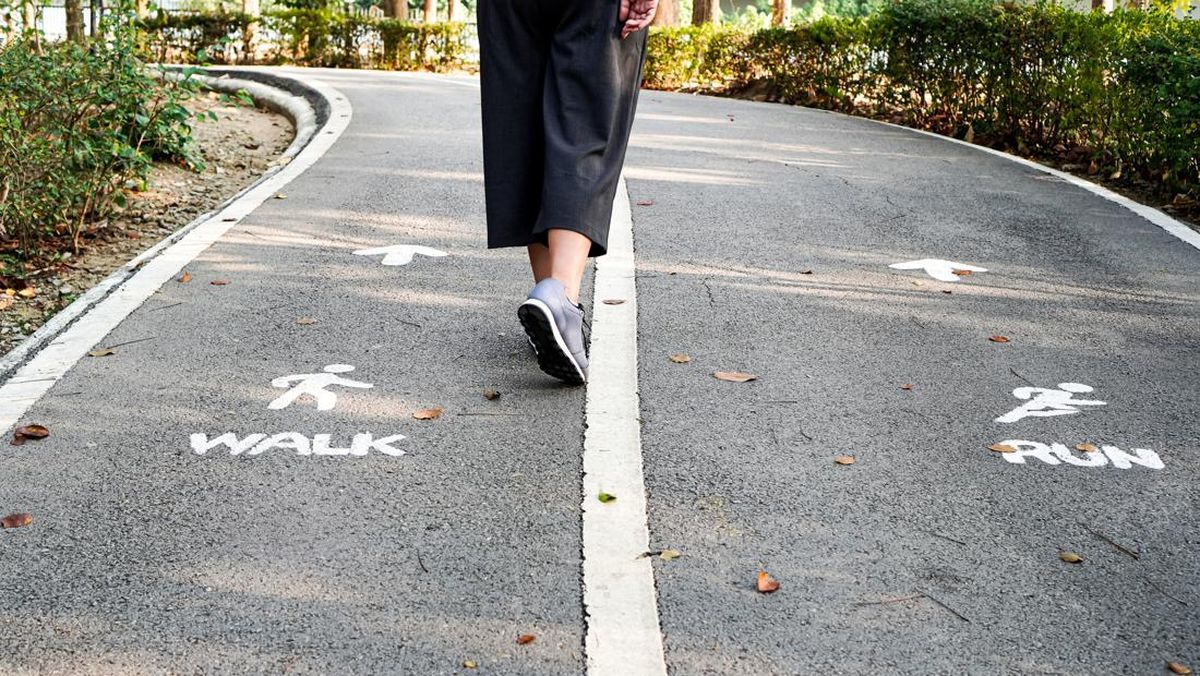For regular commuters, it’s a familiar sight – and sound. Each morning, there is bound to be at least one passenger dozing off on public transport. Maybe it’s you.
Four in 10 Australians are not getting enough sleep and 66 per cent report having at least one sleep problem. It’s no wonder some of us are trying to squeeze in some extra shut-eye on our commute.

Consistently falling asleep on your way to work after a good night’s sleep might be an indicator of a sleep disorder.Credit: Getty Images
Is the train rocking me to sleep?
Sleep Health Foundation chief executive Dr Moira Junge says that heavy eyelid sensation you’re experiencing is your body telling you to sleep.
“There’s a sleep pressure that builds up from the time we wake to the time we sleep, called Process S, which interacts with our circadian system, so when those two things are aligned that’s when sleepiness is likely to occur,” says Junge.
Falling asleep on the commute is an obvious indicator that someone is sleep-deprived, she says. The concern is if a patient who is getting the recommended seven to nine hours of sleep over 24 hours is falling asleep to or from work.
“I would encourage people to think that it’s not normal,” Junge says.
Clinical psychologist and sleep researcher Amelia Scott agrees that someone who finds they fall asleep on the commute is probably experiencing a sleep debt. Scott also suggests that the rhythmic environment, even in public settings, can be inviting for sleep.
“There is something to be said about the movement and white noise created on the train or bus,” says Scott. “It’s also usually a climate-controlled temperature that’s conducive to sleep.”
Scott also mentions that sleep is a habit-building process.
“It becomes a ritual. If I’m napping on the train every morning, it becomes routine. My brain remembers that I get up at 6am, I get ready, I get on the train. The next predictable thing is that I have a nap.”

Grabbing a coffee for the trip can help you keep your eyes open.Credit: Getty Images
How do I keep my eyes open?
Scott says that the most obvious solution is to get more sleep at night if you are finding it difficult to stay awake during the day.
Scott says that when you’re on public transport and want to avoid falling asleep you can try the following:
- Find a source of stimulation. You can feel sleepy if you are bored.
- Call a friend (make sure you’re not in a designated quiet carriage).
- Stand up to get the blood pumping.
Commuters in online discussion groups suggest chewing gum, turning up the music or changing breathing patterns.
Despite the downsides of potentially missing your stop or being judged for sleeping in public, Junge says that if it’s safe to do so, take the nap.
“I think that sleep-deprived people should get sleep whenever they can ... I would encourage them to catch up.”
Loading
But the best thing to overcome sleepiness is more sleep. The next best thing is grabbing a large cup of coffee for the trip.
“In the research done with heavy vehicle drivers and shift workers, the only countermeasures to sleepiness that have any evidence are caffeine and a sleep,” says Junge.
I fell asleep. What stop am I at?
There is no worse feeling than waking up and not knowing exactly where you are.
Scott says the groggy and disoriented feeling after waking probably occurs when you wake from deep sleep.
“When you wake from deep sleep, it’s like being in a big house and you have to go room to room turning all the lights on. It can take some time until you feel awake,” she says.
If you’re a bit slow to shake the post-nap feeling, Scott suggests exposing yourself to bright light to stop melatonin production, splashing some water on your face or having caffeine.
While having a nap isn’t generally harmful to your overall sleep health, it can mean that you need less later on.
“If you’re falling asleep on the way home from work, you’ve essentially had a snack of sleep before the main meal, which is going to sleep at your regular time,” says Scott.
Loading
Should I worry?
Junge says that tiredness is normal if you haven’t had enough sleep.
“But if you’ve had plenty of sleep and are having these unintentional naps, you need to think about the possibilities of a sleep disorder,” says Junge.
She says that sleep apnoea is the first thing to come to mind because one of the symptoms is excessive daytime sleeping.
Junge says a chat with your GP – who can refer you to a sleep specialist if necessary – is the first step in a potential diagnosis.
“That way you can get a good assessment, and it will be highly treatable,” she says. “Still try to get plenty of sleep, though.”
Make the most of your health, relationships, fitness and nutrition with our Live Well newsletter. Get it in your inbox every Monday.
Most Viewed in Lifestyle
Loading




